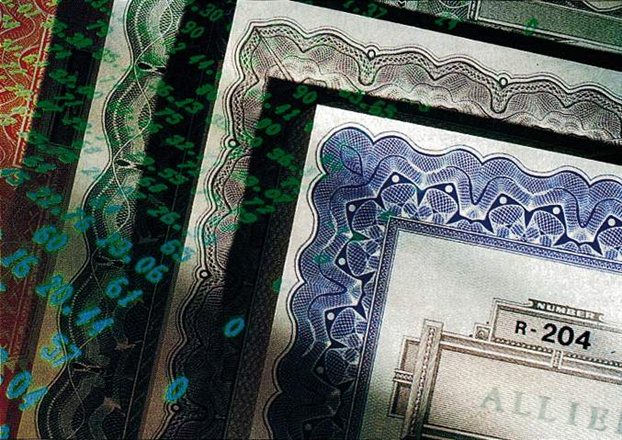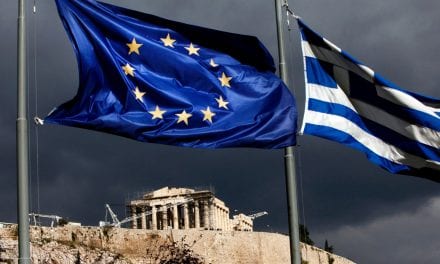By Landon Thomas Jr., New York Times
It seemed like a good idea at the time.
With the ravaged Greek economy ready to grow again and a positive record of reform to highlight, the government of Greece pitched global investors on a large bond issue earlier this year.
Awash in cash, yield-hungry bond funds jumped at the chance, snapping up $4 billion worth of five-year bonds at a yield of just less than 4.95 percent.
Seven months later, the yields on those bonds are approaching 10 percent as investors in Greece once again rush for the exit, spooked by the onset of new elections and the strong possibility that the reform-minded government led by Prime Minister Antonis Samaras will be replaced by a radical, untested alternative.
While a number of astute investors reaped huge rewards by loading up on deeply discounted Greek debt in 2013, the latest round of investors who bought recent government bond issues and invested in the country’s banks are now facing punishing losses.
All of which underscores the danger of making big, late-to-the-party bets in harder-hit eurozone economies like Greece. With unemployment stuck at 26 percent and banks still not in a mood to lend, Greece, unlike Ireland, for example, is still far from economic recovery. That it still relies on outside financing from Europe and the International Monetary Fund makes it an even riskier prospect.
But with interest rates remaining at rock bottom levels, investors worldwide have been pushing further along the risk frontier in their grasp for yield.
Beaten down Greek assets have been a favorite target in that regard.
Those who have made the biggest bets include Carmignac Gestion, a Paris-based investment shop that, for some time now, has been one of the larger buyers of Greek and Portuguese bonds. It was by far the biggest participant in the five-year Greek bond issue last April and, according to Bloomberg, owns 7.8 percent of the bonds outstanding. Other buyers of the bonds included BlackRock, Putnam and Fidelity, albeit in much smaller amounts.
A spokeswoman for Carmignac said that Greek bonds represented less than 1 percent of the fund’s fixed-income assets, and she said that the sell-off was “exaggerated” because of a lack of liquidity.
Large Greek banks, which were bailed out by Europe in 2012 and 2013, have also been a popular but controversial trade.
The hedge fund magnate David Einhorn, for example, is a large investor in Piraeus Bank, one of the country’s top two banks, and he laid out his bullish case in a presentation in October. See as well a rebuttal to Mr. Einhorn on this blog.
Since then, the stock is down about 30 percent on fears that a new government under Syriza, the left-of-center party now leading in the polls, would be extremely unfriendly to Greek banks.
In a recent speech, Mr. Samaras, who has met with countless bond and equity investors interested in investing in Greece, said that Syriza, under its fiery leader Alexis Tsipras, had once again made foreigners talk about “Grexit,” or the prospect that Greece might be forced to leave the euro.
Such an outcome seems remote, given the economic strides Greece has made, not least presenting a balanced budget for the first time in years.
But under a new government, which has threatened to push back against the austerity measures required by Greece’s creditors, much is likely to change.
And investors, for now, do not seem inclined to hang around for the outcome.



















